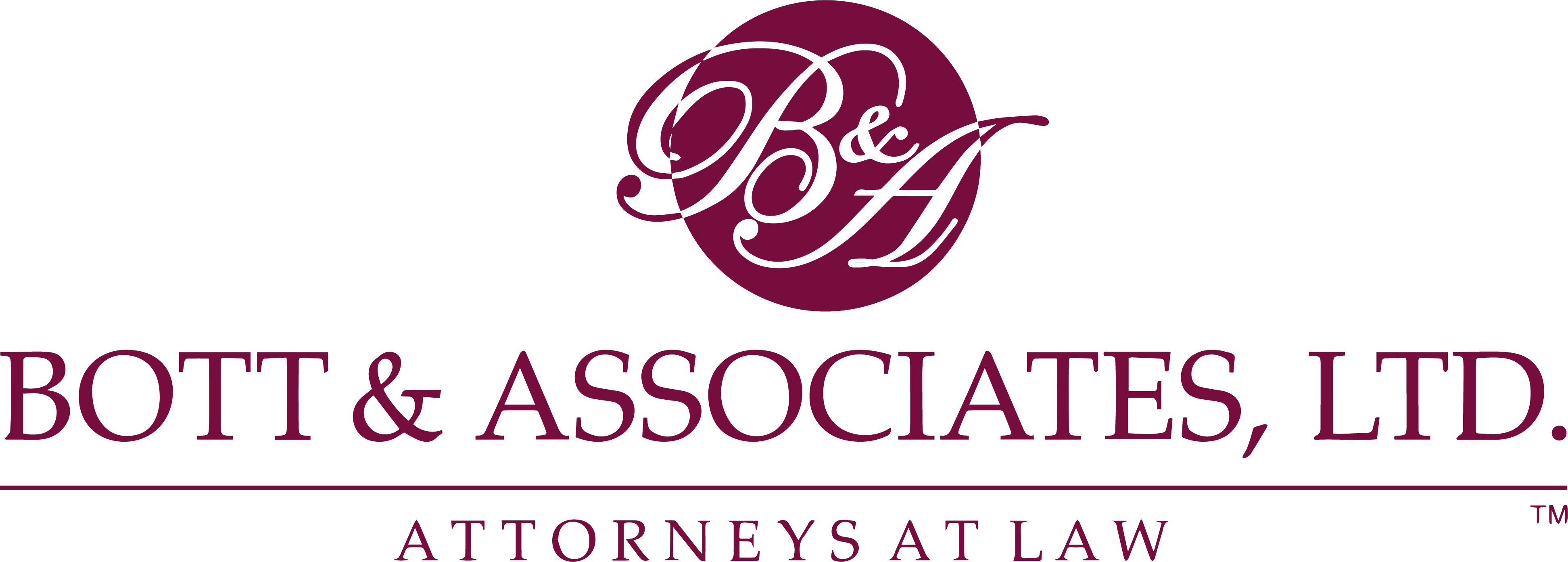In order to know whether or not you should refinance, it is important to understand exactly what it means to refinance. Refinancing is the extinguishing of the old loan agreement with a new agreement between the lender and the borrower. The new loan pays off the remaining principal of the old loan and creates a new loan.
Keep in mind that these new terms can be anything from the extension or reduction of the years left on the note, to a change in the type of loan you have or your interest rate.
Is the time right to refinance?
In deciding if the time is right for you to refinance your home, there are a few things that you need to consider. Is the main purpose of the refinance to change your financial obligations? Or, is it that the market has changed in your favor considerably since you took out your initial loan? If you are looking at altering your financial obligations and turning your equity into cash for other investments or debt consolidation, a refinance may be a smart tool for you to use.
Changing your financial obligation
Over time, you may have paid down what you owe on your home and if you are fortunate enough, the value of the home may have increased. This overall increase in the value of your home over your principal left to pay to your lender is the equity.
A refinance may allow you to cash out some of this equity. By doing this, it frees up money for you to pay off other debts with higher interest rates, do home improvements, or a myriad of other things. You would not need to secure other loans as your home could function as collateral. This allows you to lump all the debts into a single loan.
Change in market conditions
A second reason to consider a refinance is that both interest rates and types of loans have changed drastically since you made your purchase. By refinancing you may be able to secure a lower interest rate, which may directly lower your monthly payments and the total amount of money you pay out over the life of the loan.
Additionally, you may wish to change the type of loan you have. The basic types of loans are a conventional loan (fixed rate that does not change) and an ARM (the rate changes based on index either up or down). An ARM typically has a fixed rate for a determined amount of time and then becomes variable. Depending on the market this may or may not be to your advantage.
Break Even point
Regardless of why you are seeking a refinance, the breakeven point will help you determine if the refinance is a good idea and how long you must keep the loan to make the refinance worthwhile. This moment in time occurs when the monthly savings of a lower payment is offset by the cost of refinancing. This is expressed in the number of months you must keep the loan. To get an idea of what your breakeven point is check out this refinance calculator from Zillow.
For more specific information, though, make sure you contact a mortgage specialist to help you navigate the complex world of refinancing. Contact an estate planning lawyer in Chicago, IL, like the offices of Bott & Associates, Ltd. for help with your planning.

